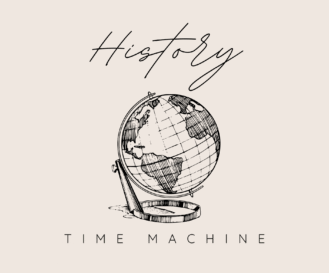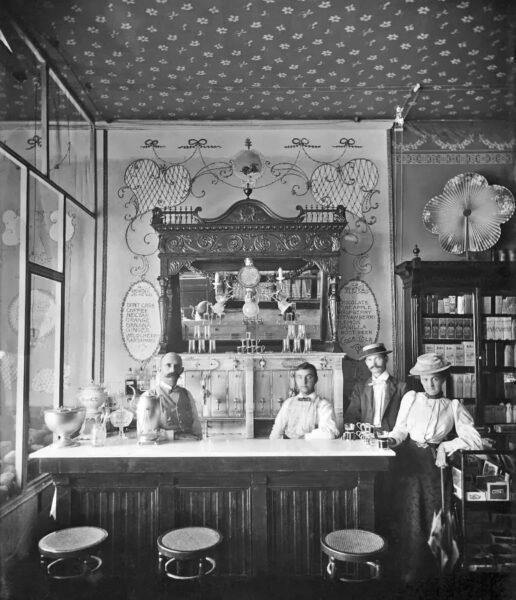The 1908 London Olympics, officially known as the Games of the Fourth Olympiad, marked a pivotal moment in the history of the modern Olympic Games. Originally scheduled to be held in Rome, the games were moved to London following the eruption of Mount Vesuvius in 1906, which demanded the reallocation of Italian resources for disaster recovery. This decision set the stage for a unique and transformative event in the heart of the British Empire.
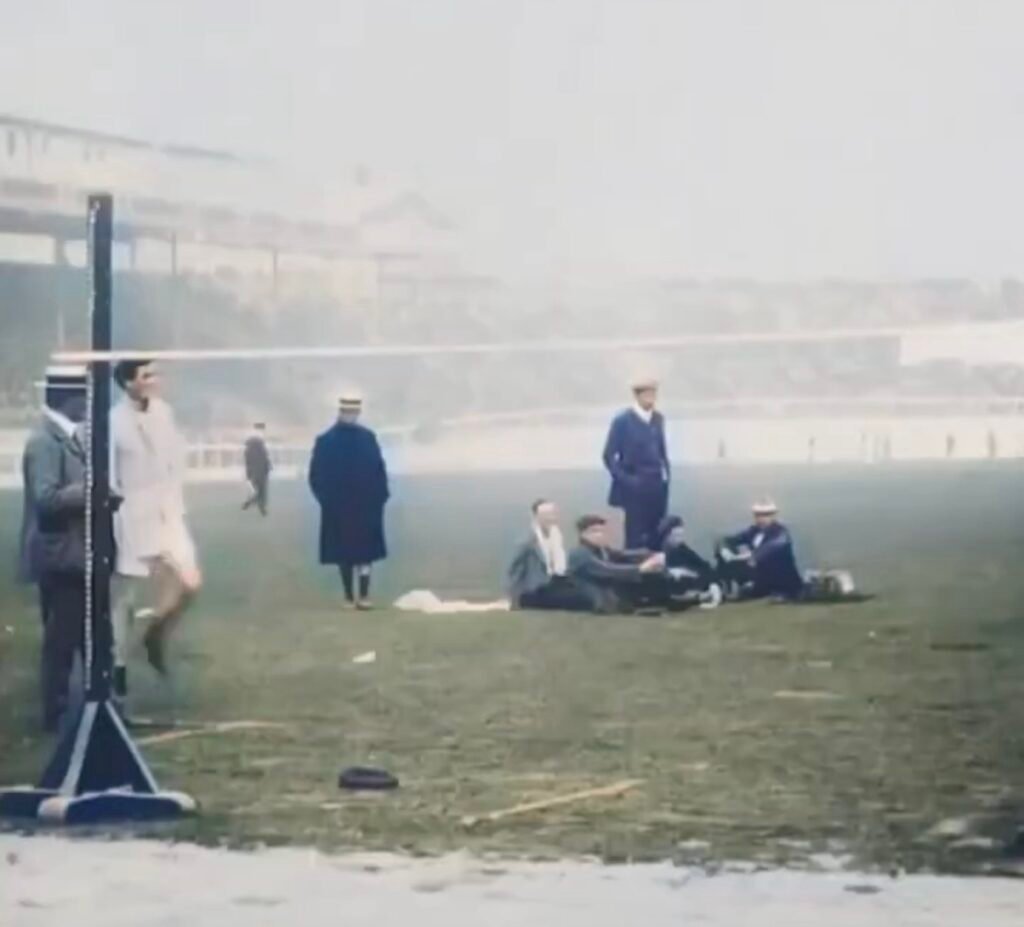
The 1908 Olympics were not just about athletic prowess; they were a reflection of a rapidly changing world, where nations vied for prestige and influence on a global stage. London, with its rich history and vibrant cultural landscape, provided the perfect backdrop for these groundbreaking games. The city’s White City Stadium, built specifically for the event, symbolized the era’s ambition and technological advancement, much like the innovative history behind the origins of Coca-Cola that revolutionized the beverage industry.
In this article, we will delve into the fascinating stories, significant events, and lasting impact of the 1908 London Olympics, exploring how they set a precedent for future games and cemented London’s place in Olympic history.
The Road to London: Why the 1908 Olympics Mattered
The path to the 1908 London Olympics was shaped by unforeseen events and strategic decisions that underscored the importance of these games. Originally slated to take place in Rome, the decision to relocate the Olympics to London was prompted by the catastrophic eruption of Mount Vesuvius in 1906. This natural disaster forced Italy to redirect its resources to recovery efforts, leaving the International Olympic Committee (IOC) in search of a new host city.
London’s Selection as the Host City
London was chosen for several reasons, chief among them being its status as a hub of the British Empire. The city’s well-developed infrastructure, financial strength, and strategic location made it an ideal choice to host an event of such magnitude. Hosting the Olympics offered London an opportunity to showcase its modernity and organizational prowess on the international stage.
The decision to hold the Olympics in London was not merely about athletics; it was a reflection of the geopolitical landscape of the time. Much like the strategic military innovation that led to the creation of the McDonald’s drive-thru, choosing London as the host city was a strategic move that highlighted Britain’s influence and leadership in global affairs.
Significance of the 1908 Olympics
The 1908 Olympics were the first to feature an extensive range of sports and events, setting new standards for the organization of future games. For the first time, the Olympics were held over several months rather than a few days, which allowed for a more extensive and varied competition schedule. This expansion of the games underscored the growing importance of international sports competitions and their role in fostering global unity.
Hosting the Olympics also provided London with a platform to demonstrate its cultural and technological advancements. The games were held in conjunction with the Franco-British Exhibition, a world fair that celebrated the entente cordiale between Britain and France. This collaboration underscored the role of the Olympics in promoting international cooperation and diplomacy.

Economic and Social Impacts
The economic benefits of hosting the Olympics were significant. The influx of athletes, officials, and spectators brought a boost to local businesses and contributed to the city’s economy. The construction of the White City Stadium and other facilities created jobs and improved infrastructure, leaving a lasting legacy for future generations.
Socially, the games provided a stage for showcasing the athletic talents of individuals from various backgrounds. For example, the 1908 Olympics were among the first to see significant participation from women athletes, paving the way for greater gender equality in sports. This progress mirrored broader social changes, similar to the innovative impact of the origins of Coca-Cola, which broke new ground in the beverage industry and influenced global culture.
In summary, the selection of London as the host city for the 1908 Olympics was a strategic decision that reflected the broader political, economic, and social dynamics of the time. It marked a turning point in the history of the Olympic Games, establishing standards and traditions that continue to influence the event today.
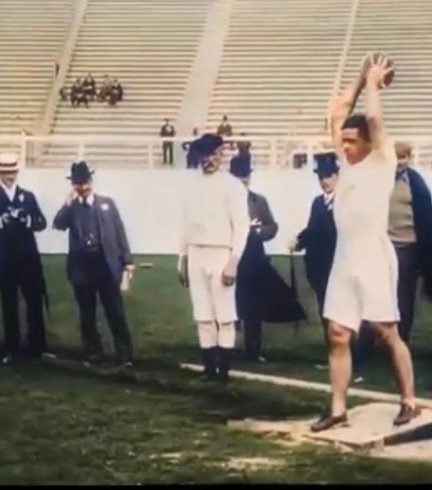
Key Events and Innovations of the 1908 Games
The 1908 London Olympics were a watershed moment for the modern Olympic movement, introducing several key innovations and events that continue to define the Games today. From the standardization of the marathon distance to the formalization of opening and closing ceremonies, the 1908 Olympics set a new precedent for how the Games would be organized and experienced.
The Standardization of the Marathon Distance
One of the most significant changes introduced during the 1908 Olympics was the standardization of the marathon distance. Previously, marathon lengths varied between competitions, but the 1908 London Olympics established the now-familiar distance of 26 miles and 385 yards (42.195 kilometers).
The decision to adopt this specific length was due to a unique request from the British royal family. To allow the marathon to start at Windsor Castle and finish in front of the royal box at White City Stadium, the course was extended to this precise distance. This change has since become the standard for marathons worldwide, illustrating how a simple adjustment can have a lasting impact on sporting traditions, much like the historical innovations seen in the origins of billiards in the 1890s pool hall.
Introduction of Opening and Closing Ceremonies
The 1908 Olympics were the first to introduce official opening and closing ceremonies, setting a tradition that continues to this day. The opening ceremony featured a parade of athletes, with competitors marching in national teams, each led by their country’s flag. This was a significant departure from previous games, where athletes simply arrived on the field without any organized procession.
The introduction of these ceremonies helped to create a sense of unity and global camaraderie, emphasizing the Olympic spirit of bringing nations together through sports. This idea of using pageantry and formal events to foster international cooperation is reminiscent of how other cultural phenomena, like the origins of Coca-Cola, have united people across different backgrounds.
Inclusion of Winter Sports
Another unique aspect of the 1908 London Olympics was the inclusion of winter sports, specifically figure skating, which was held in October. This marked the first time that winter sports were featured in the Olympics, paving the way for the establishment of the Winter Olympics in 1924.
Figure skating’s inclusion demonstrated the adaptability of the Olympics and its ability to evolve by incorporating new sports and disciplines. This innovation showcased the flexibility of the Games to reflect the interests and climates of the host nation, much like the cultural impact seen in other historical contexts.
Broadening the Scope of Olympic Sports
The 1908 Olympics also saw the inclusion of various sports that expanded the scope of the Games. Events such as motorboating, tug-of-war, and rugby were part of the competition, illustrating the diverse range of athletic skills showcased. Although not all these sports remained in subsequent Olympics, their inclusion in 1908 highlighted the experimental nature of the early Games as they sought to find the right mix of events.
This experimentation with new sports is akin to how companies and cultures continually innovate and adapt, such as the creative breakthroughs seen in the origin of iconic brands like Coca-Cola.
Lasting Impact of the 1908 Innovations
The innovations introduced during the 1908 London Olympics have had a profound and lasting impact on the Olympic movement. By setting standards for distance, formalizing ceremonies, and exploring new sports, the 1908 Games laid the groundwork for the modern Olympic experience. These changes not only enhanced the spectacle and organization of the Games but also helped to foster a sense of international unity and competition that remains at the heart of the Olympics today.
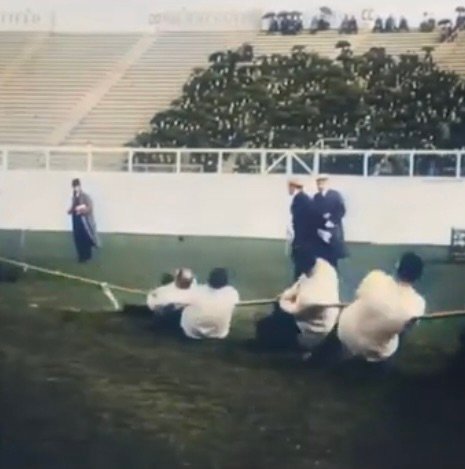
Notable Athletes and Controversies
The 1908 London Olympics were not only notable for their innovations but also for the remarkable performances of athletes and the controversies that arose. These elements added drama and intrigue to the Games, leaving a lasting impression on the history of the Olympics.
Dorando Pietri’s Marathon Drama
One of the most memorable moments of the 1908 Olympics was the dramatic finish of the marathon. Italian runner Dorando Pietri became an iconic figure despite not officially winning the race. As he approached the finish line, Pietri collapsed multiple times due to exhaustion and was helped across the line by officials, leading to his disqualification. The emotional scene captured the imagination of the public and highlighted the intense physical demands of the marathon.
Pietri’s story resonated with audiences around the world, symbolizing both the glory and challenges of Olympic competition. The controversy surrounding his disqualification sparked debates about fairness and sportsmanship, much like historical disputes over authenticity and representation, such as the real faces behind Grant Wood’s American Gothic.
International Disputes and National Pride
The 1908 Olympics were also marked by international disputes that reflected the geopolitical tensions of the time. Issues arose over judging decisions, with accusations of bias and favoritism influencing the outcomes of certain events. For example, the tug-of-war competition saw British teams accused of using illegal techniques, leading to protests from other nations.
These controversies underscored the intense national pride and rivalry among competing countries, illustrating how the Olympics served as a platform for political as well as athletic competition. This intersection of sports and politics can be compared to how strategic decisions shape cultural narratives, similar to the military innovation behind the McDonald’s drive-thru.
Women’s Participation and Social Progress
The 1908 Olympics also saw significant progress in women’s participation, with female athletes competing in events like archery, tennis, and figure skating. This marked an important step towards gender equality in sports, as women were given more opportunities to showcase their talents on an international stage.
The inclusion of women in the Olympics mirrored broader social changes and the push for women’s rights, akin to other historical milestones in societal evolution. This progress laid the foundation for greater inclusion and diversity in future games, aligning with the spirit of innovation seen in the origins of Coca-Cola.
Legacy of Notable Athletes
Many athletes from the 1908 Olympics left a lasting legacy, becoming legends in their respective sports. Their achievements continue to inspire future generations of Olympians, showcasing the enduring impact of the Games on individual athletes and their countries.
The combination of athletic excellence, controversy, and innovation at the 1908 London Olympics contributed to a memorable and transformative event. These elements highlighted the complex nature of the Olympics as both a sporting competition and a reflection of the social and political dynamics of the time.
Winter Sports at the Summer Olympics
The 1908 London Olympics stand out in Olympic history for many reasons, including the inclusion of winter sports events during the traditionally summer-focused Games. This decision showcased the organizers’ willingness to experiment and paved the way for the establishment of the Winter Olympics years later.
Inclusion of Figure Skating
The 1908 Olympics were the first to feature figure skating as part of the official program, held in October after the main events. The competitions took place at Prince’s Skating Club in Knightsbridge, London, highlighting the unique nature of these Games. The inclusion of figure skating was significant because it brought a new dimension to the Olympics, blending athletic prowess with artistic expression.
The event featured several categories, including men’s singles, ladies’ singles, and pairs skating. Notable athletes such as Ulrich Salchow, who won the gold medal in men’s singles, made their mark, setting standards for future figure skating competitions. Salchow’s innovative moves and style set the stage for future developments in the sport, similar to how the origins of billiards in the 1890s pool hall transformed recreational activities into a competitive sport.
Impact on Future Winter Sports
Although figure skating was the only winter sport included in the 1908 Olympics, its presence foreshadowed the creation of the Winter Olympics, which would debut in 1924 in Chamonix, France. The success and popularity of figure skating at the 1908 Games demonstrated a clear appetite for winter sports among both athletes and spectators.
This inclusion of winter sports during a summer Olympics reflected the adaptability of the Games and the organizers’ willingness to explore new avenues. It also showcased the importance of embracing innovation and change, much like the strategic decisions made by iconic brands like Coca-Cola, which have continually evolved to meet consumer interests.
The British Climate and Cultural Influence
The decision to include figure skating was influenced by the British climate and cultural interests. With a strong tradition of winter sports, the United Kingdom’s decision to feature ice skating resonated with the local population and showcased the country’s diverse sporting interests.
By incorporating figure skating, the 1908 Olympics highlighted the flexibility of the Games to adapt to different environments and host countries’ unique characteristics. This adaptability is a key strength of the Olympics, allowing them to remain relevant and engaging across different cultures and contexts.
Legacy of Winter Sports at the Olympics
The legacy of including winter sports in the 1908 Olympics is still felt today. Figure skating has become one of the most popular events in the Winter Olympics, drawing large audiences and producing memorable performances. The decision to feature it in 1908 helped lay the groundwork for a new branch of the Olympic movement, celebrating the skill and artistry of winter athletes.
The 1908 London Olympics’ decision to incorporate winter sports demonstrates the Games’ evolving nature and ability to innovate, reflecting broader historical trends of progress and adaptation. This evolution continues to influence the structure and appeal of the Olympics today, much like how historical innovations have shaped modern industries and cultural phenomena.
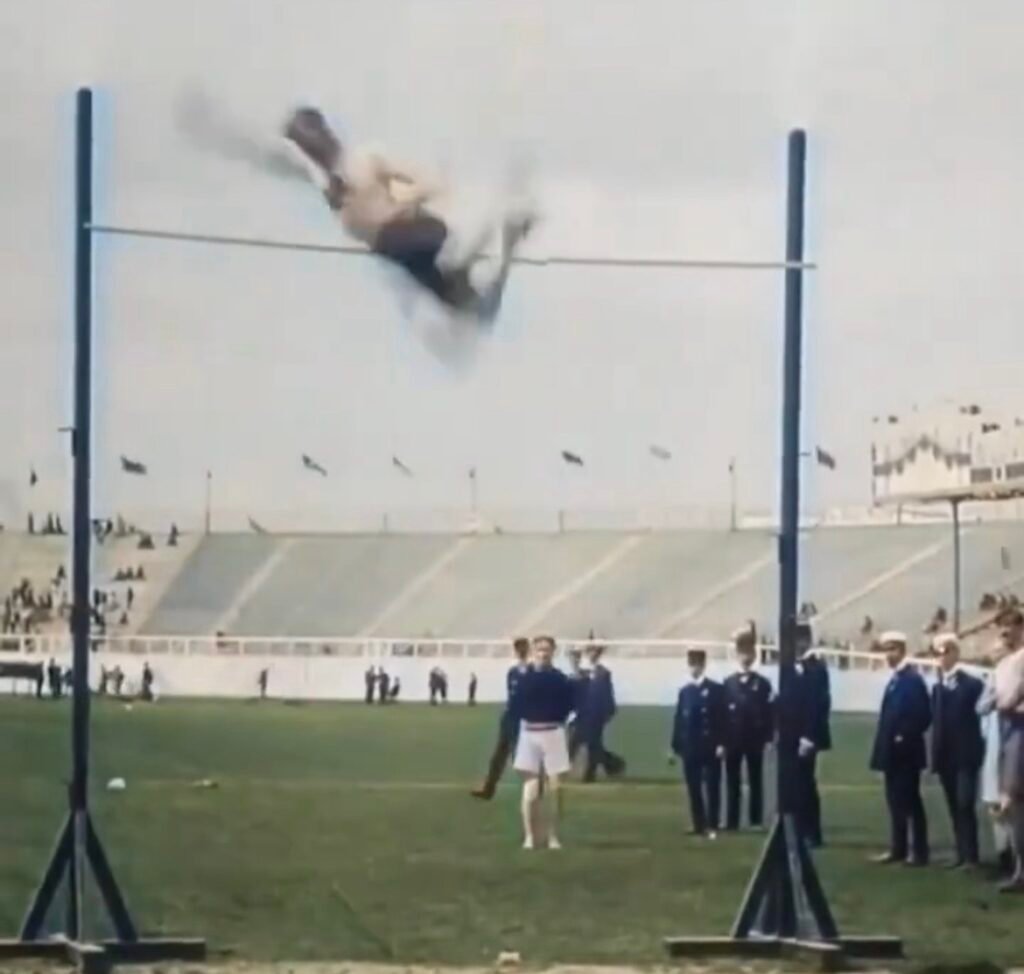
The Legacy of the 1908 London Olympics
The 1908 London Olympics left an indelible mark on the history of the Olympic Games and international sports. From innovations in event organization to the setting of new standards for future competitions, the legacy of these games continues to influence the modern Olympics and shape the sporting world.
Setting New Standards for the Olympics
One of the most significant contributions of the 1908 Olympics was the establishment of standards that have become central to the Olympic tradition. The adoption of the marathon’s standard distance and the introduction of formal opening and closing ceremonies created a framework that continues to define the Games.
These innovations helped transform the Olympics into a more structured and prestigious event, fostering a sense of unity and international camaraderie. This development mirrored other historic moments of standardization and progress, akin to the cultural impact of the origins of Coca-Cola, which revolutionized the beverage industry.
Impact on International Sports and Diplomacy
The 1908 Olympics highlighted the role of sports in international diplomacy. The Games provided a platform for countries to showcase their athletic talents and fostered goodwill among nations. Despite the controversies and tensions that arose, the Olympics demonstrated the power of sports to transcend political boundaries and bring people together.
This idea of using sports as a diplomatic tool is reflected in various historical contexts, where strategic decisions and innovations have shaped global relations. Similar to how the military innovation behind the McDonald’s drive-thruchanged the fast-food industry, the 1908 Olympics helped redefine international sportsmanship and collaboration.
Cultural and Social Influence
The cultural and social impact of the 1908 Olympics extended beyond sports. The inclusion of women athletes and the experimentation with new sports highlighted the evolving role of women in society and the willingness to embrace change. This progress in gender equality was a precursor to more inclusive sporting events in subsequent decades.
The Games also reflected the cultural zeitgeist of the early 20th century, where innovation and exploration were at the forefront of societal advancement. This period of cultural change is reminiscent of other significant milestones, such as the artistic revelation seen in the real faces behind Grant Wood’s American Gothic, which challenged traditional norms and perceptions.
Economic and Infrastructural Legacy
Economically, the 1908 Olympics had a lasting impact on London’s infrastructure. The construction of the White City Stadium and the improvements made to accommodate the influx of athletes and spectators left a tangible legacy that benefited the city for years to come. This infrastructural development provided a model for future host cities, illustrating how the Olympics can drive economic growth and urban renewal.
This idea of leveraging major events for economic benefit is echoed in various industries and cultural developments, similar to the strategic thinking behind the origins of billiards in the 1890s pool hall, where social activities were transformed into significant economic drivers.
The Enduring Legacy
The 1908 London Olympics remain a pivotal moment in the history of the Olympic movement. By setting new standards, fostering international cooperation, and driving cultural and economic change, these Games laid the foundation for the modern Olympics we know today.
The lessons and innovations from the 1908 Olympics continue to inspire athletes, organizers, and fans, reminding us of the enduring power of sports to unite people and promote global understanding. Just as historical innovations like the origins of Coca-Cola have left a lasting impact on society, the 1908 Olympics serve as a testament to the transformative potential of the Olympic Games.
As an Amazon Associate we earn from qualifying purchases through some links in our articles.
